Rules of impeachment, then and now: ANALYSIS
The GOP claims new rules are unfair compared to those involving Clinton, Nixon.
Republicans say the impeachment process isn't fair. Democrats say it's the fairest ever.
The cleanest answer to this question is that the truth probably lies somewhere in the middle.
When it comes to these new impeachment rules, and comparing them to the processes of the past, both sides are making claims that aren't entirely true. Still, Democrats aren’t admitting that they are essentially shutting out White House lawyers, and Republicans are making too much of the limits on their subpoena power.
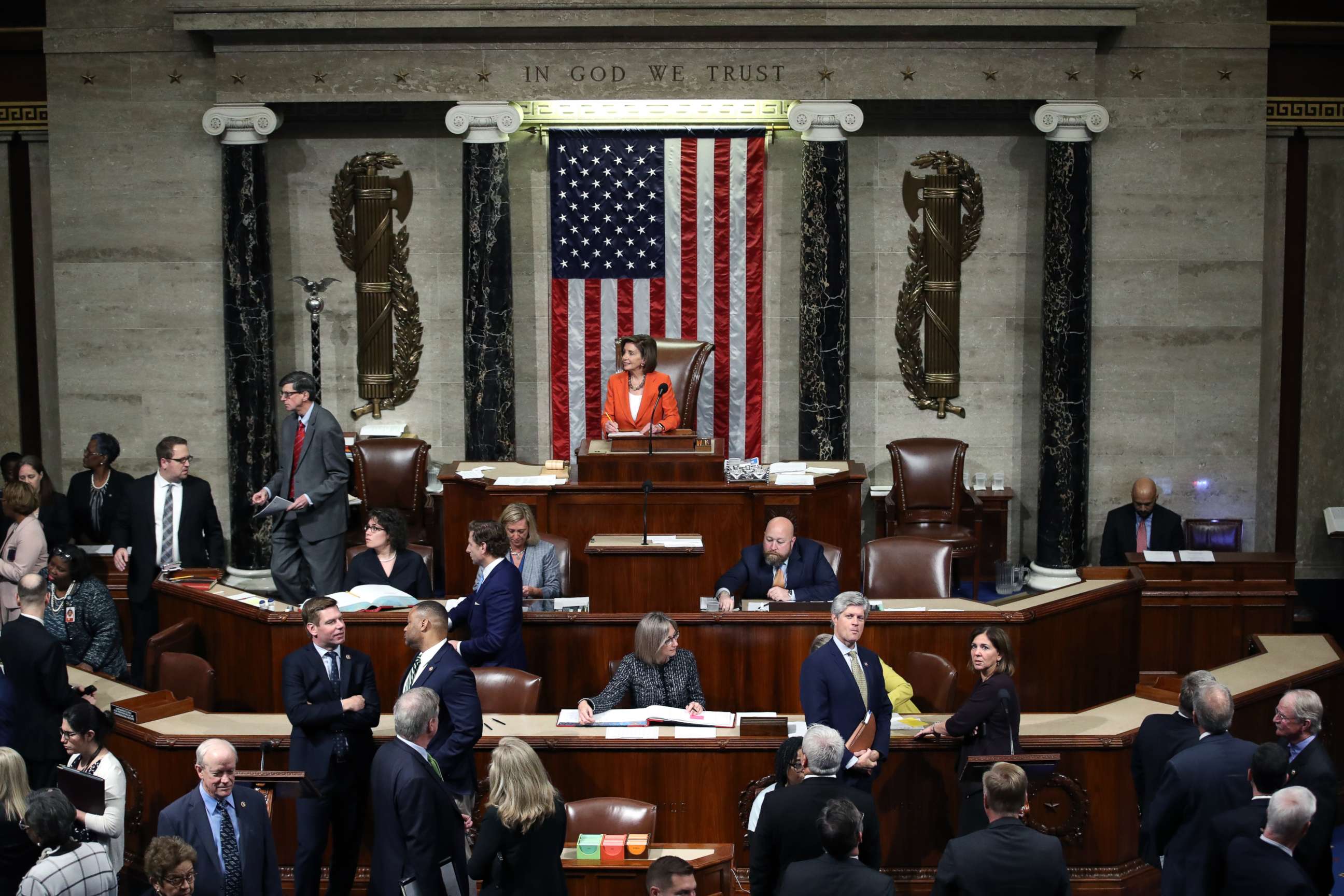
The first thing to understand is the impeachment proceedings used for former Presidents Richard Nixon and Bill Clinton began with the work of a pre-existing legal investigation; in those cases, it was an independent or special prosecutor.
The overarching difference now is that the House Intelligence Committee is playing the fact-gathering role that an independent or special prosecutor played in the previous cases. That means House Democrats have devised rules for a process that really hasn't happened in recent history.
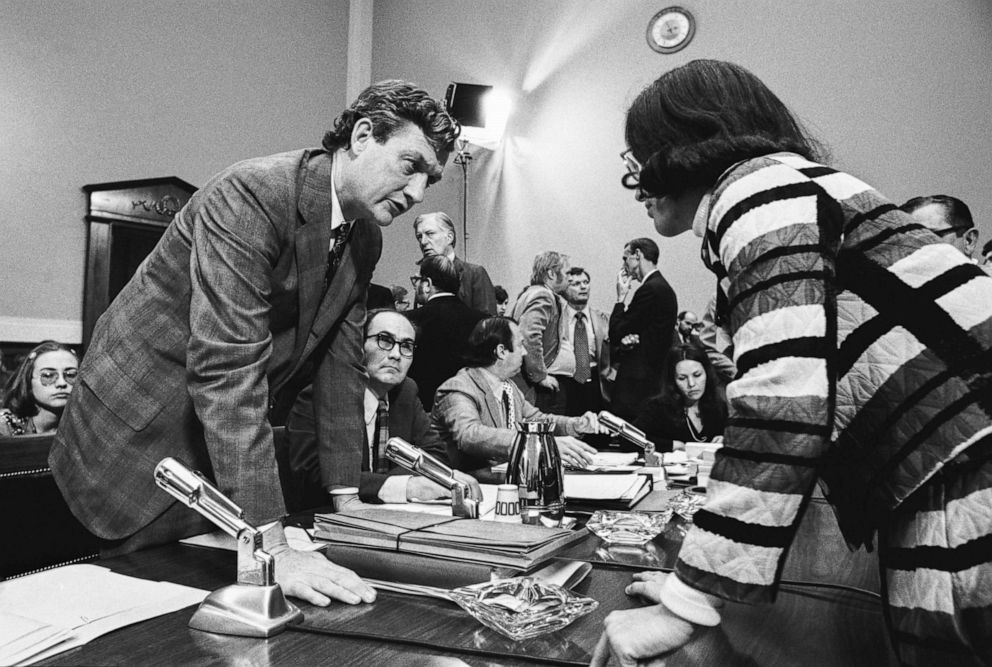
Subpoena power
Republicans object to a rule that says Democrats can shut down subpoenas requested by the GOP minority. But if you look closely at the language from the Clinton and Nixon examples, not a lot has changed.
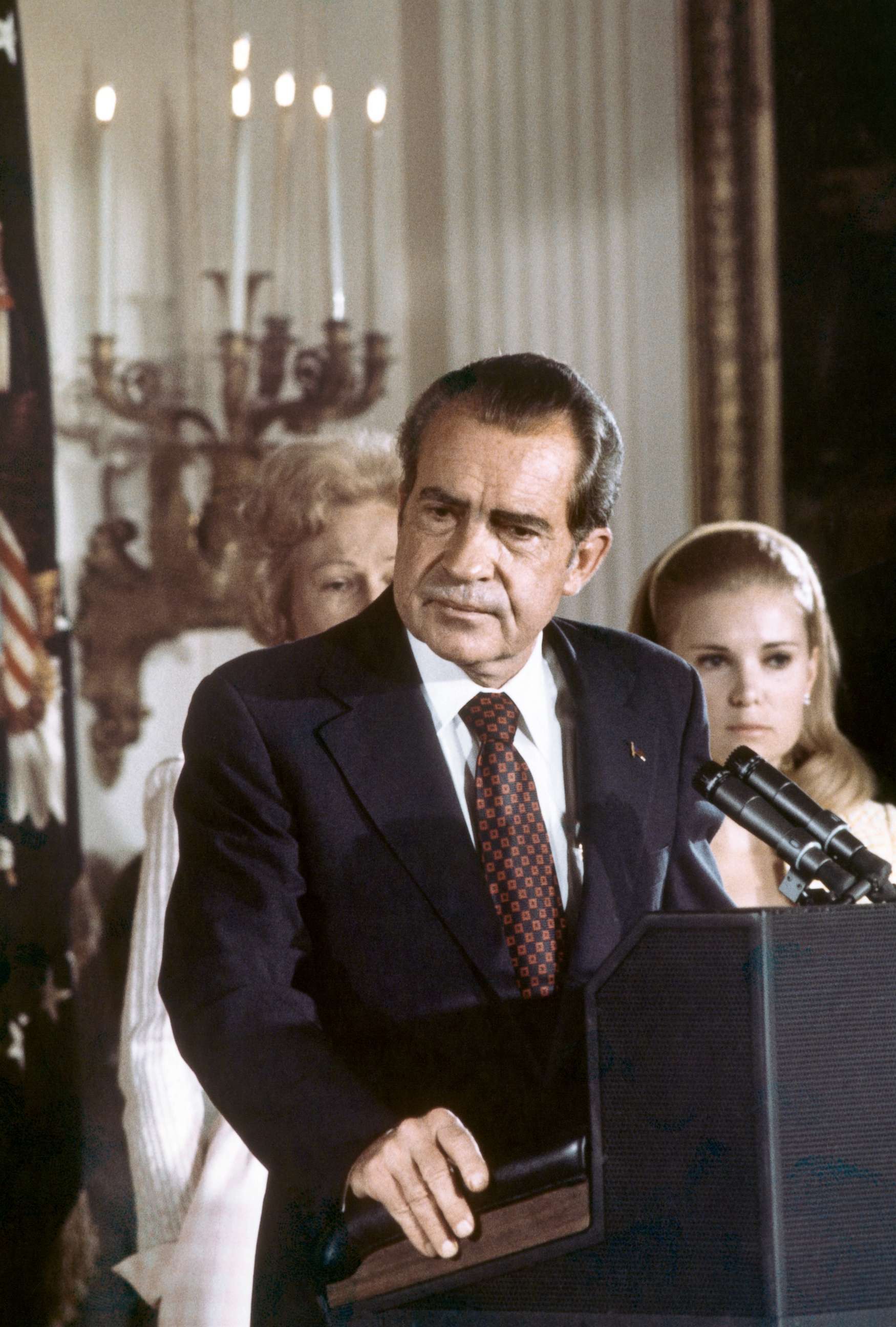
Just as with the Clinton and Nixon proceedings, the majority in this case has the power to reject requests for witnesses and documents from the minority. But there's no doubt Rep. Adam Schiff, the House Intelligence Committee chairman leading the Democrats’ impeachment effort, has taken a more overtly partisan approach, wanting to make clear to Republicans, it seems, that he's not going to tolerate a circus atmosphere.
The rules this time say Republican requests for subpoenas have to be made 72 hours in advance and Schiff needs to approve them.
If there’s disagreement, the committee votes to resolve the matter.
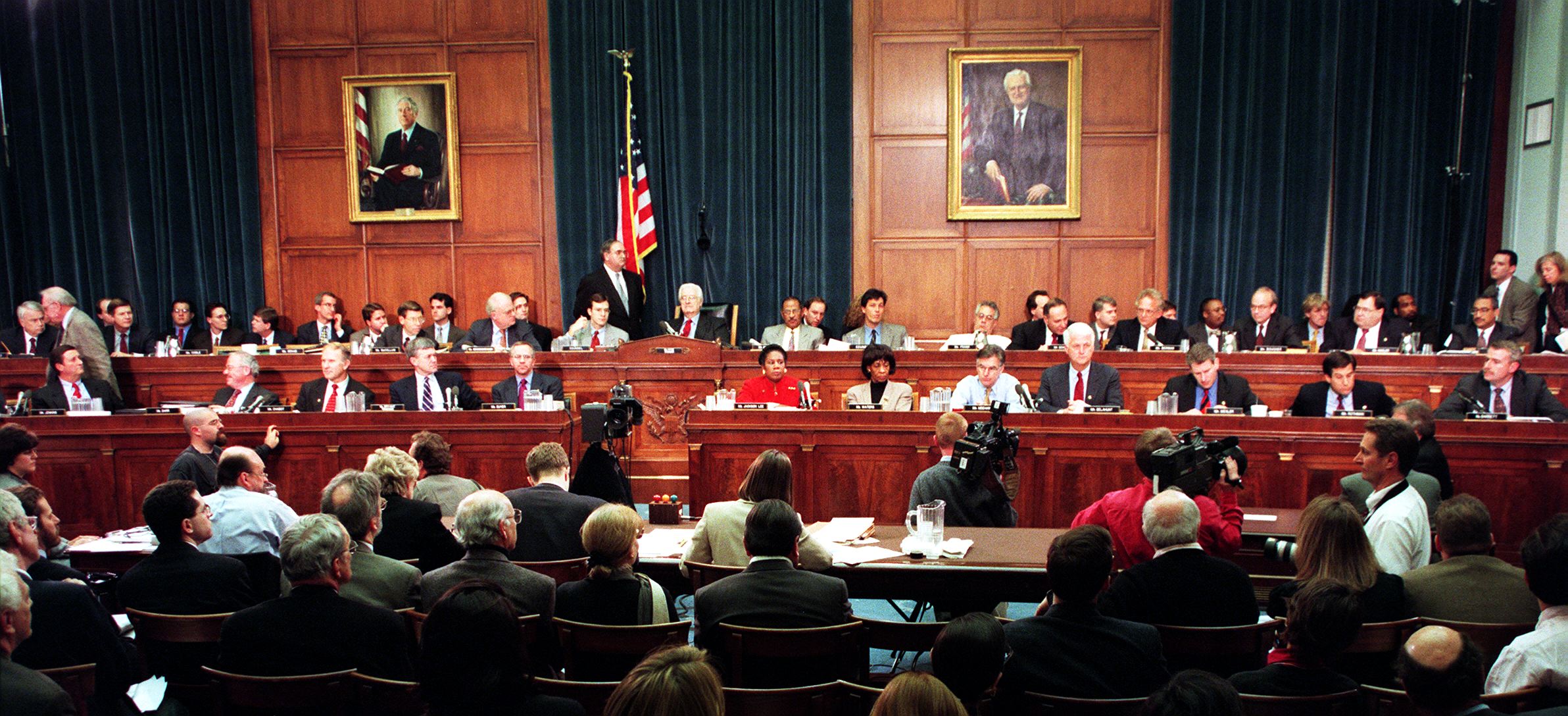
Compare that to the Nixon and Clinton impeachment resolutions, which both said the committee chairman and ranking members should act jointly in calling witnesses.
Even back then, though, a disagreement could be put to a committee vote and the party in power would have a clear advantage.
So, the language on subpoenas is more partisan this time (as are the politicians…), but the end result is more or less the same.
Lawyers
The White House also complains that President Donald Trump's lawyers don't have access to the proceedings. That is correct: the White House is being shut out of the hearings that really matter, the closed-door depositions and participation in the soon-to-come public hearings before the House Intelligence Committee.
This, arguably, is a departure from the norm.
On this point, Democrats are being disingenuous. They say in a Rules Committee fact sheet that "the resolution establishes opportunities for the President or his counsel to participate in the proceedings held by the Committee on the Judiciary."
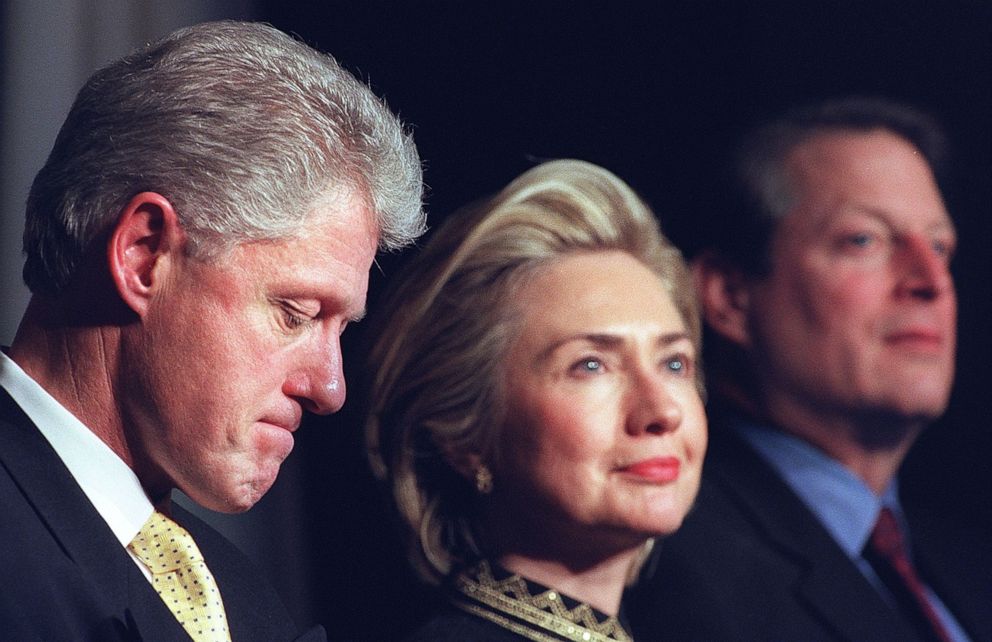
But unlike past impeachment proceedings, none of the current action is in Judiciary this time around. The Intelligence Committee and Schiff are running the show.
That's where the White House wants its lawyers and where much of the Democrats case will be made. This time, Judiciary has a significantly smaller role.
There will be lawyers present -- just not Trump’s lawyers. The new impeachment rules resolution says only committee lawyers can participate in the Intelligence Committee-run hearings. Republican committee lawyers will have equal time to ask questions and cross examine witnesses.
In the end, the process as called for in the Constitution is political, and it's designed so that the majority of a president's defense happens in the Senate during an actual trial once the House passes articles of impeachment.
If matters get to that point, the president’s lawyers will have ample opportunity to make his defense, with Schiff and other House managers conducting the prosecution, Chief Justice John Roberts presiding, senators acting as the jury, and Americans able to watch, and judge, every moment.







